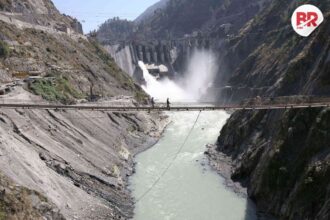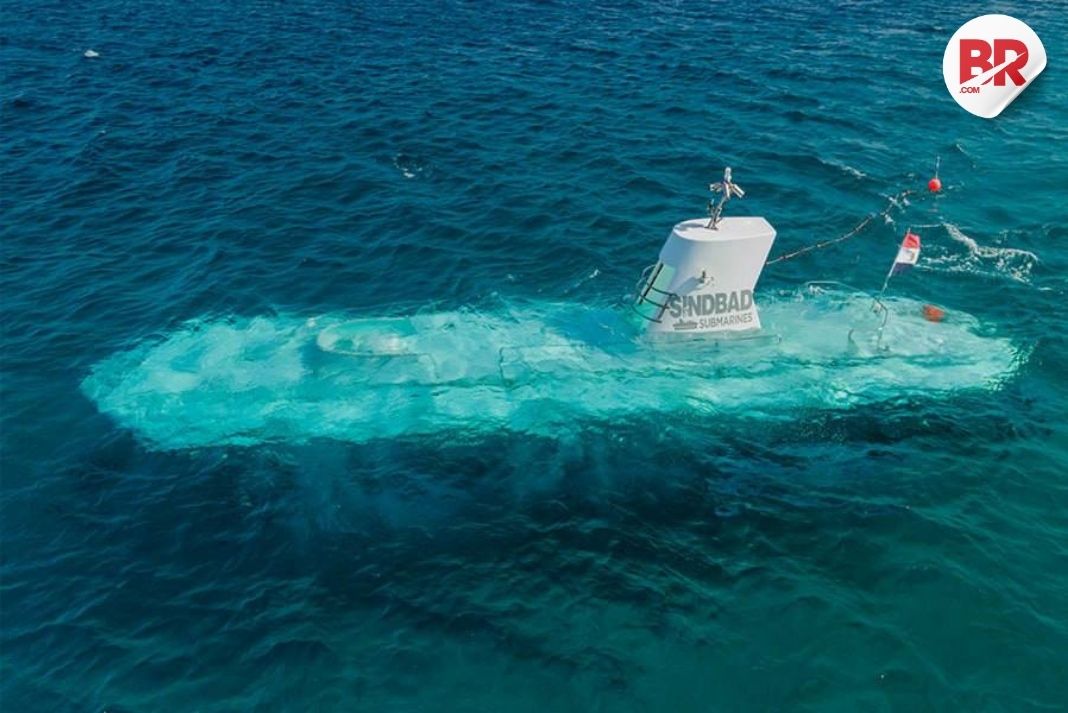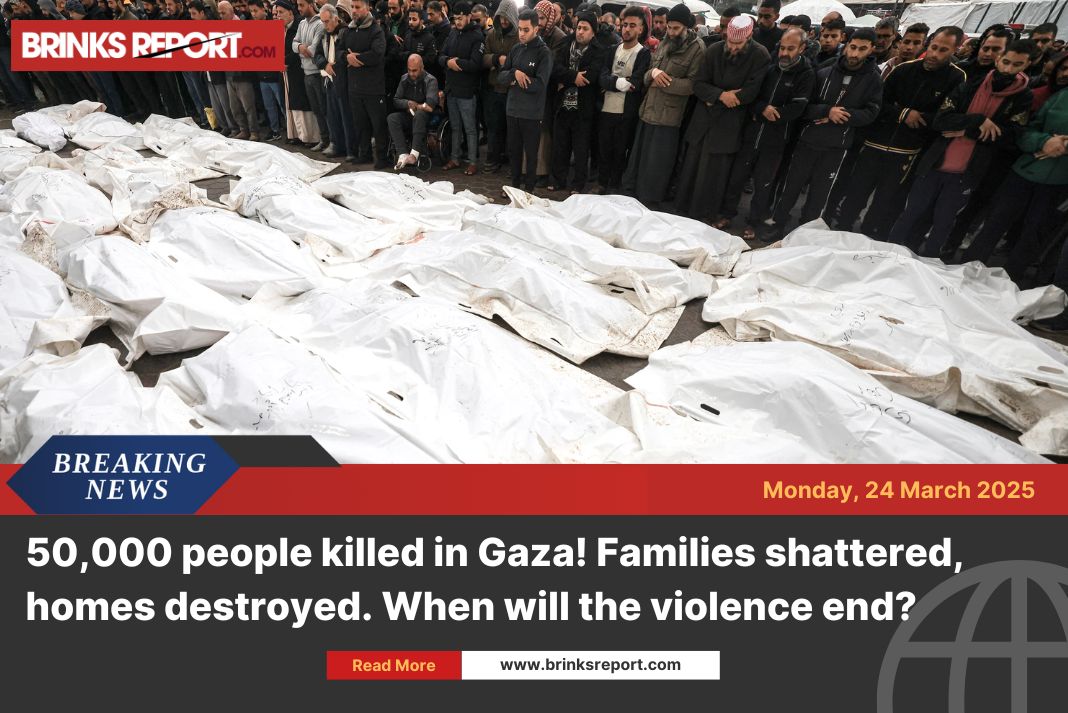
U.S. President Donald Trump said on Monday that the U.S. and Iran are about to start direct talks on Iran’s nuclear program. However, Iran quickly responded, saying the talks would only be indirect and held with Oman’s help as a go-between.
Trump, speaking during a meeting with Israeli Prime Minister Benjamin Netanyahu, said a big meeting was planned for Saturday and hinted that a deal might be possible. But he also gave a warning, saying, “If the talks fail, Iran will be in great danger.”

Also Read: China Labels U.S. Tariffs ‘Economic Bullying’—The Tension Heats Up
Iran disagreed with Trump’s version. Their Foreign Minister Abbas Araqchi posted that the talks would be indirect and held in Oman. He said the U.S. has the chance to respond positively but added that Iran won’t be pressured into anything.
Trump has pushed Iran for direct talks before and even wrote a letter to Iran’s top leader, Ayatollah Khamenei, but Iran has refused. Khamenei previously called talks with the U.S. “unwise and dishonorable.”
The last direct U.S.-Iran talks were under President Obama, who made the 2015 nuclear deal, which Trump later pulled out of during his term. Since then, tensions have grown. Iran has enriched uranium far beyond the limits of that deal, worrying Western nations who fear Iran is trying to build nuclear weapons—something Iran denies, saying its program is only for peaceful energy use.
Read More: Can Donald Trump Run for a Third Term? Legal & Political Views
Meanwhile, the Middle East is already on edge due to recent wars and airstrikes involving Gaza, Lebanon, Yemen, and Syria. Iran’s influence in the region is also shrinking after attacks on its allies like Hamas and Hezbollah, and military strikes on the Houthis and Syria.
Despite all this, a two-month window for a deal might still be open, but Iranian officials worry that Israel could attack Iran if talks drag on.












